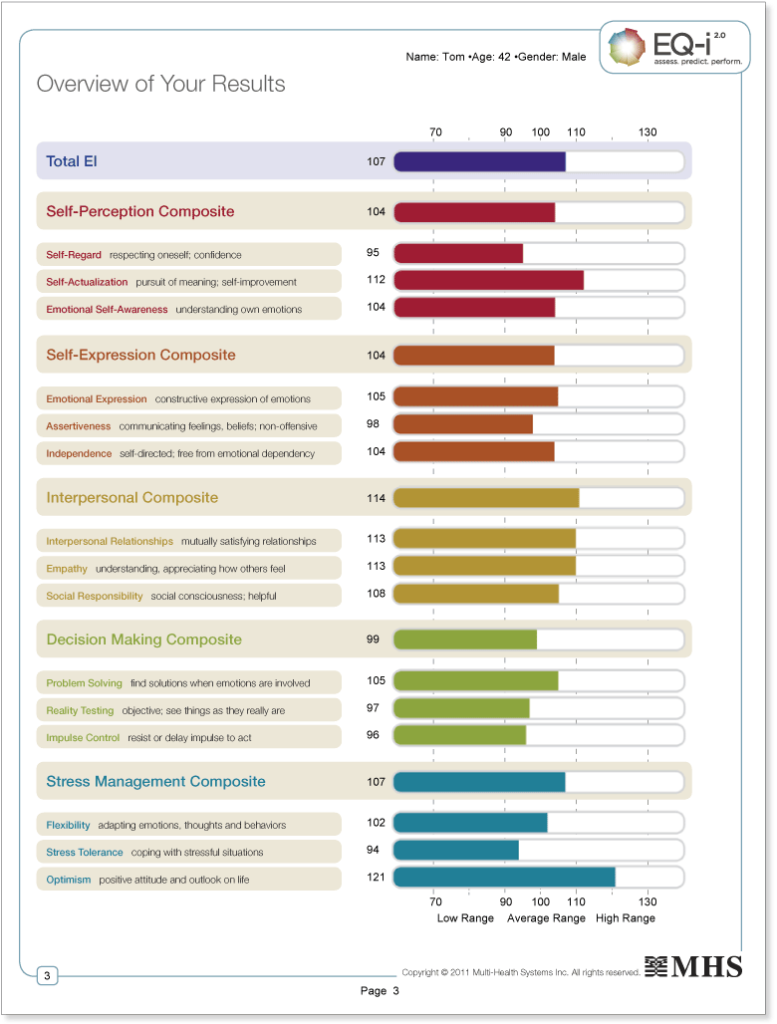The Dynamics of Career Transitions:
Career transitions are not just about changing job titles; they encompass a holistic transformation that includes rediscovering passions, setting new goals, and finding renewed motivation. Senior professionals, having accumulated vast experience, often seek avenues that align more closely with their authentic selves.
The Impact of Emotional Intelligence Coaching: Emotional intelligence (EI) plays a pivotal role in successful career transitions. As senior professionals venture into new territories, understanding and managing their emotions, as well as empathizing with others, become crucial. Here’s how emotional intelligence coaching contributes to a smooth transition:
- Self-Discovery and Awareness: Emotional intelligence coaching delves into self-awareness, helping senior professionals identify their core values, strengths, and areas of interest. This deep understanding lays the foundation for making informed career decisions.
- Goal Setting and Motivation: Setting clear, achievable goals is essential for navigating a career transition. Emotional intelligence coaching empowers senior professionals to align their goals with their passions, reigniting motivation and a sense of purpose.
- Adapting to Change: Career transitions often involve stepping into the unknown. Emotional intelligence coaching equips senior professionals with the tools to navigate uncertainty, manage stress, and embrace change with resilience.
- Effective Communication: Strong communication skills are paramount during career transitions. Emotional intelligence coaching enhances interpersonal skills, fostering effective communication with potential employers, colleagues, and networking contacts.
- Building Relationships: Establishing meaningful connections is vital in a new professional environment. Emotional intelligence coaching guides senior professionals in building authentic relationships, creating a supportive network for their evolving career.
Tom's case:
Meet Tom, a 40-year-old husband and father of two. Tom is a professional with an advanced degree, who works as a senior executive in a not-for-profit organization. His story provides valuable insights into the impact of EI on career transitions.

Tom’s Background:
Having a solid professional experience, Tom decided to start his own business. To his surprise, he didn’t feel the joy he expected. Tom missed the team spirit and returned to revive a struggling department.
Despite his optimism and excellent interpersonal skills, Tom identified limitations, particularly in handling conflict and tough conversations.
EQ-i 2.0 Results: Tom’s EQ-i 2.0 results showcased a profile consistent with his successful career but revealed nuances in his EI competences. The report demonstrated strong Interpersonal skills, high Optimism, and happiness: this confirms that a leader is capable of creating positive energy. However, challenges in conflict management were linked to low scores in Assertiveness and Self-Regard.
Coaching Approach & Strategies: Recognizing the role of anxiety in Tom’s conflict avoidance became a crucial breakthrough. The coaching approach focused on managing this initial anxious response. Exercises from the EQ Leader Program Manual were introduced to build Stress Tolerance skills. As Tom gains mastery in handling anxiety, the focus will shift to enhancing Assertiveness, creating a balanced approach to conflict.
Learning and Development: Tom’s commitment to self-development, reflected in his high Self-Actualization score, became a foundation for his growth. The coaching journey involved connecting the dots between past experiences, anxiety over conflict, and the denial-recognition-retreat sequence. By addressing these roots, Tom laid the groundwork for improved conflict management and, consequently, heightened Self-Regard.
Conclusion: Tom’s case demonstrates the transformative power of emotional intelligence coaching in the context of career transitions. As individuals navigate change, understanding and managing emotions, especially in conflict situations, become paramount. Tom’s journey serves as an inspiration, emphasizing that the fusion of emotional intelligence and self-awareness is a potent catalyst for professional growth and fulfillment.
Case study Submitted by: Dana Ackley